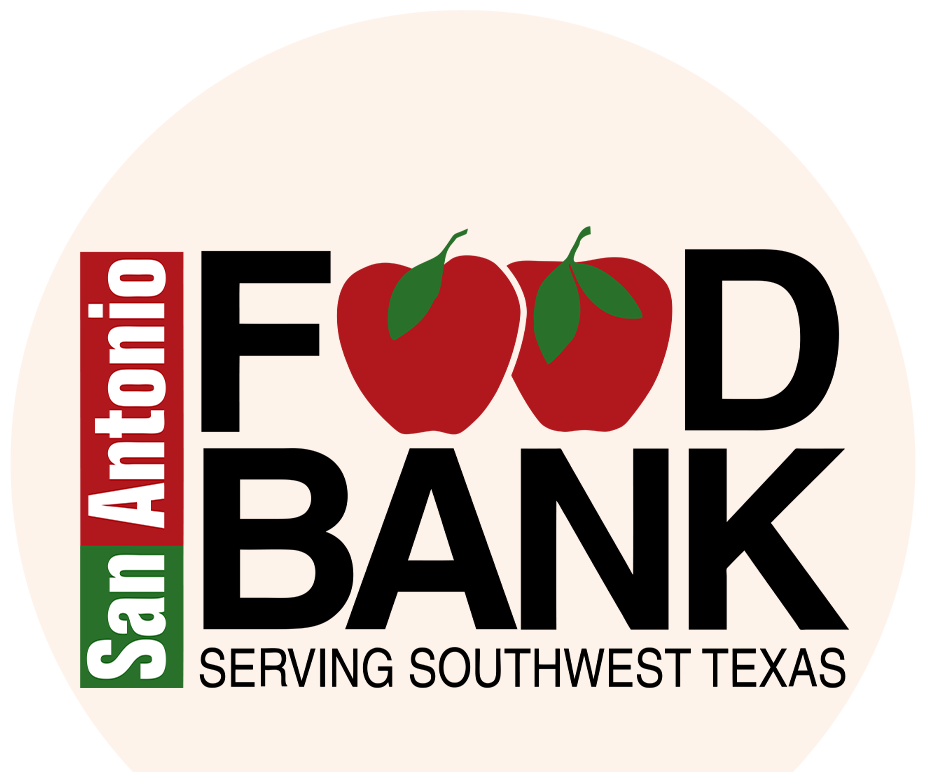OB Pre-Natal Care
Weeks 18-22
At 18-22 weeks, you are approximately five months pregnant. Your baby will rapidly grow during this time, making your “baby bump” more noticeable. At your next doctor’s visit, your healthcare team will check how your baby is growing, along with your risk for Preeclampsia and Gestational Diabetes. The American College of Obstetricians and Gynecologists recommends all pregnant women be screened for these conditions between 20 weeks to 28 weeks gestation. These screenings ensure you have a healthy pregnancy and can guide your health team to make important decisions about your care. Anytime you go to an appointment, feel free to ask your provider to explain what procedures they are completing and why the screening is needed. The more questions you ask, the more you know about what is happening to you and your body during your pregnancy.
Developmental Milestones
- My Baby: By 18 weeks, your baby is the size of a sweet potato. Their eyebrows and eyelashes start to appear as their eyes are forming. They may even begin to move their arms and legs more.
- My Body: You may need to go up a bra size or change to maternity bras for more comfort as your breasts grow. Feeling irritable, worried, or forgetful is also normal during this time.

Nutrition Needs
Balanced Snacks
A balanced snack offers two of the three primary energy sources known as macronutrients: carbohydrates, proteins, and fats. A balanced or “smart snack” combines complex carbohydrates with lean protein or healthy fat to energize you throughout the day. Research shows that small meals eaten every 2-3 hours can help manage blood sugar levels and minimize feelings of hunger that can lead to overeating throughout the day. Including balanced snacks can even address feelings of nausea, heartburn, gas, and bloating during pregnancy. Pair one of the carbohydrates in the list below with a healthy fat or lean protein choice to build your next balanced snack.
-
- Complex Carbohydrates: ½ cup fresh, frozen, or canned in water or 100% juice or ¼ cup dried fruit, ½ vegetables, one slice whole grain bread, five crackers, 3 cups popped popcorn, 18 tortilla chips, 15-20 pretzels, or ½ bagel.
- Healthy Fats: 1-2 tablespoons of nuts and nut butters, guacamole, milk chocolate chips, low-fat cream cheese, or hummus.
- Lean Proteins: ½ cup roasted chickpeas, 1 string cheese, 1 cup of yogurt, ½ cup cottage cheese, or 1 cup low-fat milk.
Water Infusions
Finish a great snack with a thirst-quenching drink like infused water for extra flavor. Water and fluid needs during pregnancy increase to 3 liters, 12 cups, or 96 oz daily. Adding fruits and herbs to water naturally sweetens your drink without adding sugar. One way to meet your needs is by keeping a reusable bottle with you throughout the day to help you drink more water and boost your energy. Choose one of the combinations below to add more flavor to your water.
-
-
- Orange, strawberry, and lime
- Apple and a cinnamon stick
- Lemon, cucumber, mint, and ginger
-
Other Hydration Options
If infused water is not satisfying enough, try unsweetened sparkling water, a glass of low-fat/skim cow’s milk, or 100% fruit and vegetable juices to meet your fluid needs. Remember that every 8oz serving of 100% juices can also count as a 1-cup serving of fruit or vegetables. Unsweetened tea can also quench your thirst without adding more sugar and calories to your diet, but it can be tricky. Tea varieties, including black, herbal, and green, can combine active ingredients like caffeine, tannins, oxalates, or other components that can prevent your body from taking in the vital nutrients it needs. It is best to talk with your healthcare team for their feedback on drinking tea during your pregnancy.
Recommended Recipes

Family Engagement Activity
- Now is a good time to start brainstorming baby names. A name is tied to your baby’s identity and gives them a sense of individuality. Take some time to think about what names are important to you and your partner.
- In The Playroom is a blog of two mothers from the United Kingdom who have created a wonderful workbook to lead you through that process. Check out their workbook here!
Caregiver's Corner
What is a High-Risk Pregnancy?
Maternal-Fetal Medicine physician, Dr. Shad Deering at CHRISTUS Children’s answered a few questions to help you better understand what a high-risk pregnancy is. Here are his responses.
What is a high-risk pregnancy?
-
- A high-risk pregnancy is one that threatens the health or life of a mother or of the growing baby inside her. Trained providers are often needed to help guide a mom through this time with specialized care.
- Previous health conditions, such as diabetes, high blood pressure, and sexually transmitted diseases, require additional support from a maternal-fetal medicine specialist to ensure a healthy pregnancy.
What is Gestational Diabetes?
Gestational Diabetes occurs when your blood sugar levels are higher than normal during pregnancy. This condition is often screened for with a glucose tolerance test between 24 and 28 weeks gestation. If you are diagnosed with Gestational Diabetes, then you may require additional interventions through your diet, physical activity, or medicine to complete a healthy pregnancy. Approximately 2-10% of pregnancies in the United States experience Gestational Diabetes, so do not fear. You are not alone!
What is Preeclampsia?
Preeclampsia occurs during pregnancy when you experience elevated blood pressure levels in addition to a release of protein through your urine. Preeclampsia is a condition specific to pregnancy that does not have a definite cause. Those pregnancies diagnosed with these symptoms have an increased risk of preterm birth and are usually watched closely by a healthcare team.
What Should I Do if I Have a High-Risk Pregnancy?
- Ask your provider questions when a new diagnosis is given.
- Seek out more information about the condition through reliable educators, handouts, and websites given to you by your team.
- Stay in communication with your healthcare team throughout your pregnancy.
- Know who to call if you have more questions or concerns.





